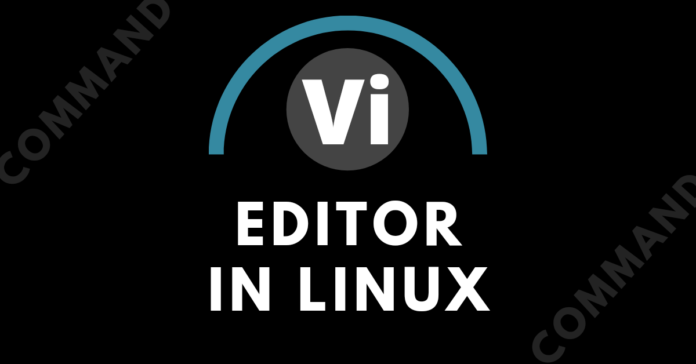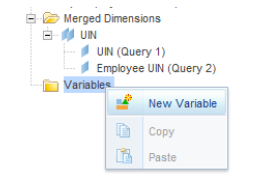Vi (and its enhanced version, Vim) is a powerful text editor in Unix-like systems. Here are some of the most popular and commonly used commands in Vi:
Basic Navigation
- h, j, k, l: Move left, down, up, and right, respectively.
- 0 (zero): Move to the beginning of the line.
- ^: Move to the first non-blank character of the line.
- $: Move to the end of the line.
- w: Move to the beginning of the next word.
- b: Move to the beginning of the previous word.
- e: Move to the end of the current word.
Basic Editing
- i: Insert mode before the cursor.
- I: Insert mode at the beginning of the line.
- a: Insert mode after the cursor.
- A: Insert mode at the end of the line.
- o: Open a new line below and enter insert mode.
- O: Open a new line above and enter insert mode.
- x: Delete the character under the cursor.
- dd: Delete the current line.
- D: Delete from the cursor to the end of the line.
- dw: Delete the word from the cursor onward.
- yy: Yank (copy) the current line.
- p: Paste after the cursor.
- P: Paste before the cursor.
Searching
- /: Search forward for a pattern.
- ?: Search backward for a pattern.
- n: Repeat the search in the same direction.
- N: Repeat the search in the opposite direction.
Undo/Redo
- u: Undo the last change.
- Ctrl + r: Redo the last undone change.
Visual Mode
- v: Start visual mode (character-wise selection).
- V: Start visual line mode (line-wise selection).
- Ctrl + v: Start visual block mode (block-wise selection).
Saving and Exiting
- :w: Save the file.
- :q: Quit vi.
- :wq or ZZ: Save the file and quit.
- :q!: Quit without saving.
Other Useful Commands
- :set nu: Show line numbers.
- :set nonu: Hide line numbers.
- :syntax on: Enable syntax highlighting (if using Vim).
- :syntax off: Disable syntax highlighting.
These commands form the basis of efficient text editing in Vi, allowing for powerful navigation, editing, and file management within the text editor.











